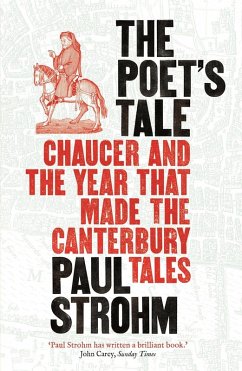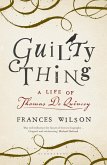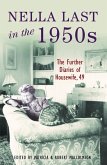As the year 1386 began, Geoffrey Chaucer was a middle-aged bureaucrat and sometime poet, living in London and enjoying the perks that came with his close connections to its booming wool trade. When it ended, he was jobless, homeless, out of favour with his friends and living in exile.
Such a reversal might have spelled the end of his career; but instead, at the loneliest time of his life, Chaucer made the revolutionary decision to 'maken vertu of necessitee' and keep writing. The result - The Canterbury Tales - was a radically new form of poetry that would make his reputation, bring him to a national audience, and preserve his work for posterity.
In The Poet's Tale, Paul Strohm brings Chaucer's world to vivid life, from the streets and taverns of crowded medieval London to rural seclusion in Kent, and reveals this crucial year as a turning point in the fortunes of England's most important poet.
Such a reversal might have spelled the end of his career; but instead, at the loneliest time of his life, Chaucer made the revolutionary decision to 'maken vertu of necessitee' and keep writing. The result - The Canterbury Tales - was a radically new form of poetry that would make his reputation, bring him to a national audience, and preserve his work for posterity.
In The Poet's Tale, Paul Strohm brings Chaucer's world to vivid life, from the streets and taverns of crowded medieval London to rural seclusion in Kent, and reveals this crucial year as a turning point in the fortunes of England's most important poet.
Dieser Download kann aus rechtlichen Gründen nur mit Rechnungsadresse in A, D ausgeliefert werden.









